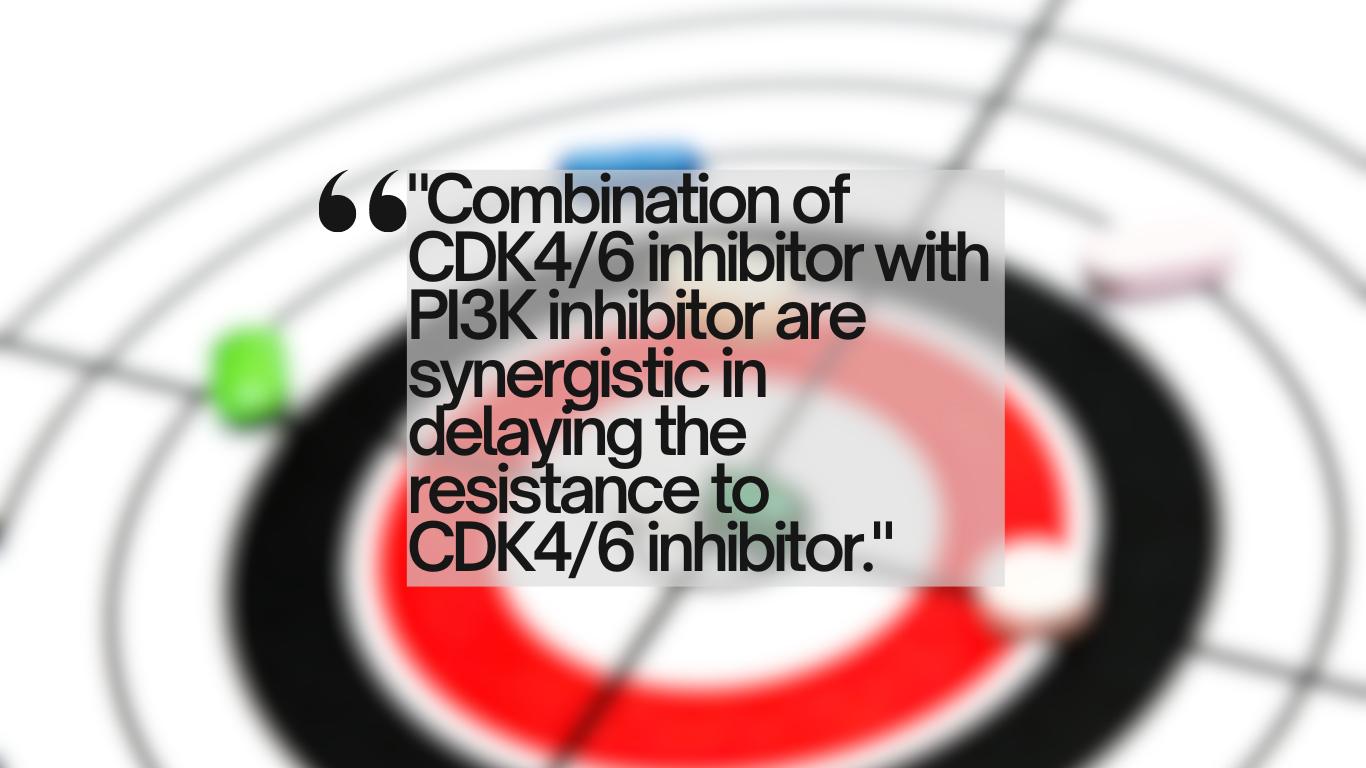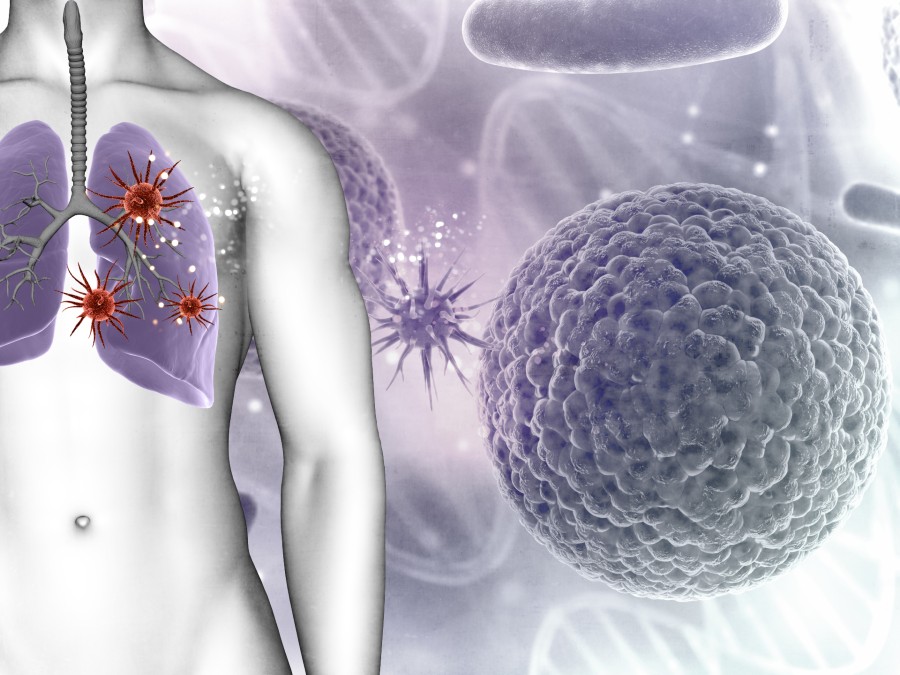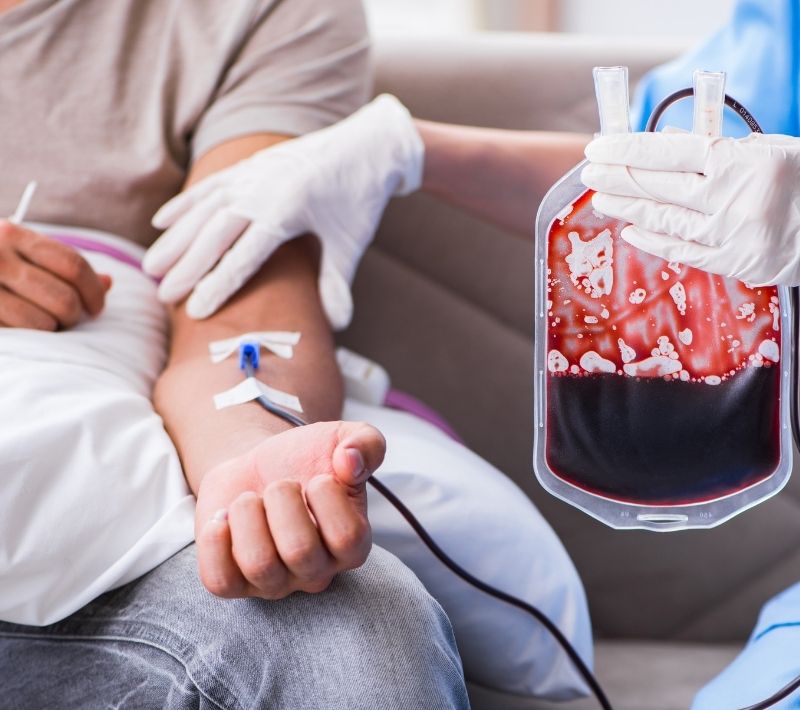CDK4/6 inhibitors have emerged as a pivotal component in the treatment of metastatic hormone receptor-positive breast cancer. These inhibitors are recognized as the standard of care, offering significant advancements in patient outcomes.
“CDK four six inhibitors are really the standard of care for patients with metastatic hormone receptor positive breast cancer.”
Mechanism of Action

CDK4/6 inhibitors have become the standard of care for patients with metastatic hormone receptor-positive breast cancer. These agents work by targeting the cyclin-dependent kinases 4 and 6, which play a crucial role in cell cycle progression. By inhibiting these kinases, CDK4/6 inhibitors effectively halt the transition from the G1 phase to the S phase of the cell cycle, thereby preventing cancer cell proliferation.
“These agents have really revolutionized how we treat patients with hormone receptor positive breast cancer.”
The impact of CDK4/6 inhibitors on progression-free survival has been significant, offering patients extended periods without disease progression. However, resistance mechanisms can develop, which may limit the long-term efficacy of these treatments.
Resistance to CDK4/6 Inhibitors
Resistance to CDK4/6 inhibitors is a significant challenge in the treatment of hormone receptor-positive breast cancer. While these agents have revolutionized treatment and improved progression-free survival, resistance remains a critical issue.
Mechanisms of Resistance
One of the primary mechanisms of resistance involves the upregulation of the CDK2 pathway. This adaptation allows cancer cells to bypass the inhibitory effects of CDK4/6 inhibitors, leading to continued tumor growth despite treatment.
Addressing Resistance
Understanding and addressing resistance mechanisms is crucial for developing effective treatment plans. Ongoing research is focused on identifying biomarkers and potential combination therapies that can overcome resistance and improve patient outcomes.
Combination Therapies

Combination therapies are being explored to address the challenge of resistance to CDK4/6 inhibitors in cancer treatment. Preclinical studies have shown that while these inhibitors are initially effective, resistance can develop rapidly. This resistance is often due to the upregulation of the CDK2 pathway.
Synergistic Effects of Combining CDK4/6 Inhibitors with PI3K Inhibitors
Research indicates that combining CDK4/6 inhibitors with PI3K inhibitors can have a synergistic effect, potentially delaying the onset of resistance. This combination targets multiple pathways, thereby enhancing the overall efficacy of the treatment.
Rationale for Triplet Therapy
The rationale for exploring triplet therapy involves adding a third agent to further inhibit pathways that contribute to resistance. This approach aims to provide a more comprehensive blockade of cancer cell proliferation mechanisms.
Overview of Clinical Implications
The clinical implications of these combination therapies are significant. By delaying resistance, patients may experience prolonged benefits from treatment, potentially improving outcomes in ER-positive breast cancer cases.
Clinical Trial Insights
In recent clinical trials, the combination of CDK4/6 inhibitors with PI3K inhibitors has shown promising results in delaying resistance to CDK4/6 inhibitors. This combination not only helps in overcoming resistance to PI3K inhibitors but also provides a strong rationale for their combined use. The upregulation of the PI3K pathway is a known mechanism of resistance to endocrine therapy, making the triplet combination a logical approach.
Overview of the Phase One Trial Design
The phase one trial was meticulously designed to assess the safety profile of the triplet combination involving CDK4/6 inhibitors and PI3K inhibitors. This initial phase is crucial for determining the appropriate dosing strategies and ensuring patient safety.
Safety Profile and Dosing Strategies
The trial’s primary focus was to establish a safe and effective dosing regimen. By carefully monitoring patient responses, researchers aimed to optimize the therapeutic potential of the combination while minimizing adverse effects.
Efficacy Results and Patient Responses
Preliminary results from the trial indicate a positive response in patients, with the combination therapy showing efficacy in overcoming resistance mechanisms. These findings support further exploration and development of this therapeutic strategy.
Future Directions in Research
The future of research in CDK4/6 inhibitors is poised to explore the efficacy of combining these inhibitors with other therapeutic agents. A significant next step involves conducting a randomized phase two study with the triplet combination of copanecib, abemaciclib, and fulvestrant. This study aims to compare the triplet therapy against the standard care of fulvestrant and abemaciclib, particularly in patients who progress or relapse quickly on adjuvant endocrine therapy.
The choice of copanecib, an intravenously administered PI3K inhibitor, is based on its potential to more effectively shut down the PI3K pathway while allowing patients to recover from side effects between doses. However, challenges remain, particularly with continuous dosing and the associated cytopenia observed in initial trials.
Despite these challenges, the phase one trial demonstrated promising antitumor activity, with partial responses and stable disease observed in several patients. The study also highlighted the need for further research to determine the efficacy of this combination in patients with or without PIK3CA mutations.
Importantly, the development of copanecib has faced setbacks, as it was pulled by Bayer following a negative study in hematologic malignancies. This decision underscores the importance of ongoing research to fully understand the potential of copanecib in breast cancer treatment.







